Kenyans to Sue Britain Over Forced Eviction, Torture
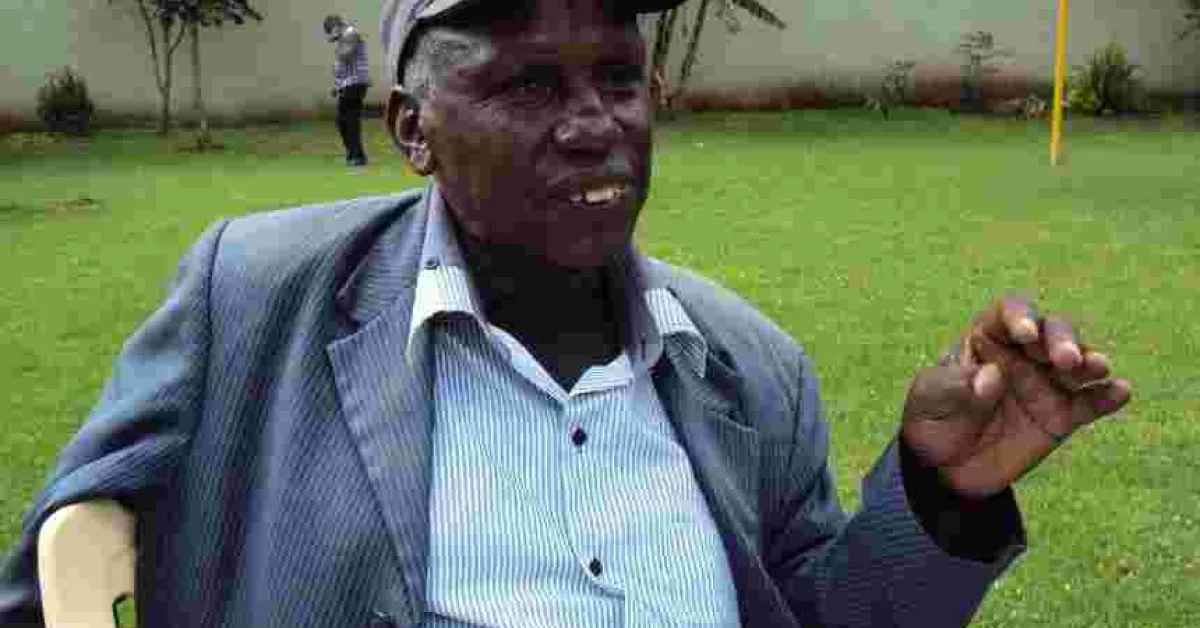
A group of Kenyans have moved to the court to sue the British government for alleged displacement and torture by its colonial predecessors. Led by 79-year-old Elly Sigilai who recalls how 17 relatives died after British colonialists exiled them in 1934 to plant tea on their family land, they are seeking compensation for the pain they suffered.
"Those on this list died from malaria and sleeping sickness," said Sigilai, a neatly folded piece of paper in his hand naming the dead in his family, including two brothers and a sister.
"They were sent to a valley infested by tsetse flies to die."
The survivors and their descendants are hoping to get a "significant" compensation from Britain's High Court and have their lands, which are now largely owned by international tea companies returned, George Tarus, a legal advisor to the government of Nandi County in Kenya's North Rift region, which is financing the case said.
"We became beggars in our own land," Sigilai said.
According to Tarus, they have enough evidence to enable them get justice from the former colonial power.
Around 200 people have already come forward with evidence to support the case, Tarus said. "All land within Nandi belongs to the county and we want it all to be given back to us," he said.
Kenya was one of Britain's most important colonies and saw hundreds of settlers moving into the best agricultural land to grow tea, coffee and tobacco, evicting Africans into reserves and employing them as cooks, guards and gardeners.
"They have to pay for what they did to us," said Moses Mosonet, 83, a Nandi, his eyes coated with a milky veneer.
"They can take their tea and leave us with our land," he added.
Once enough evidence is collected, British lawyer Karim Khan, who specializes in international criminal law and international human rights law, has agreed to assess its worth.
"I will advise on the merits or otherwise of a case under English law," he told the Thomson Reuters Foundation by phone.
"I can't possibly say that there will definitely be a case in the High Court until I have advised on the evidence."
Khan successfully defended deputy president William Ruto against charges of crimes against humanity in the ICC from 2013 to 2016.

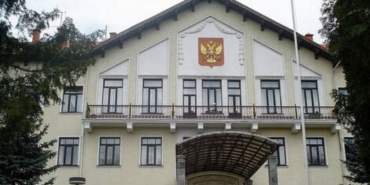
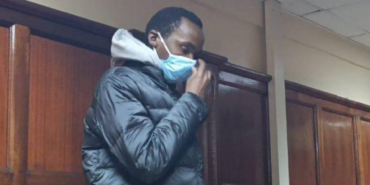
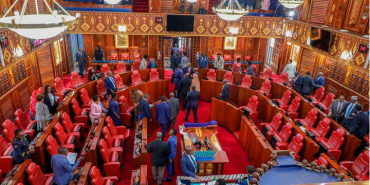
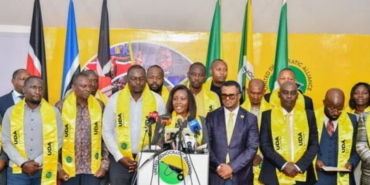
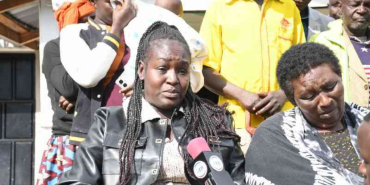
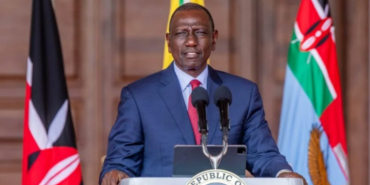
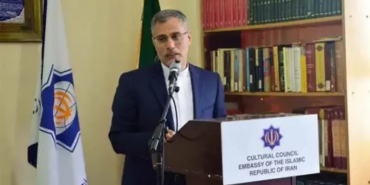
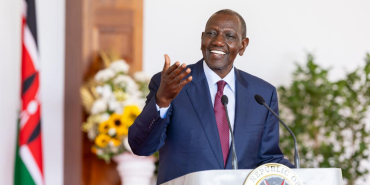
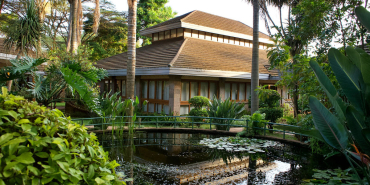

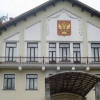

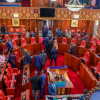
Add new comment